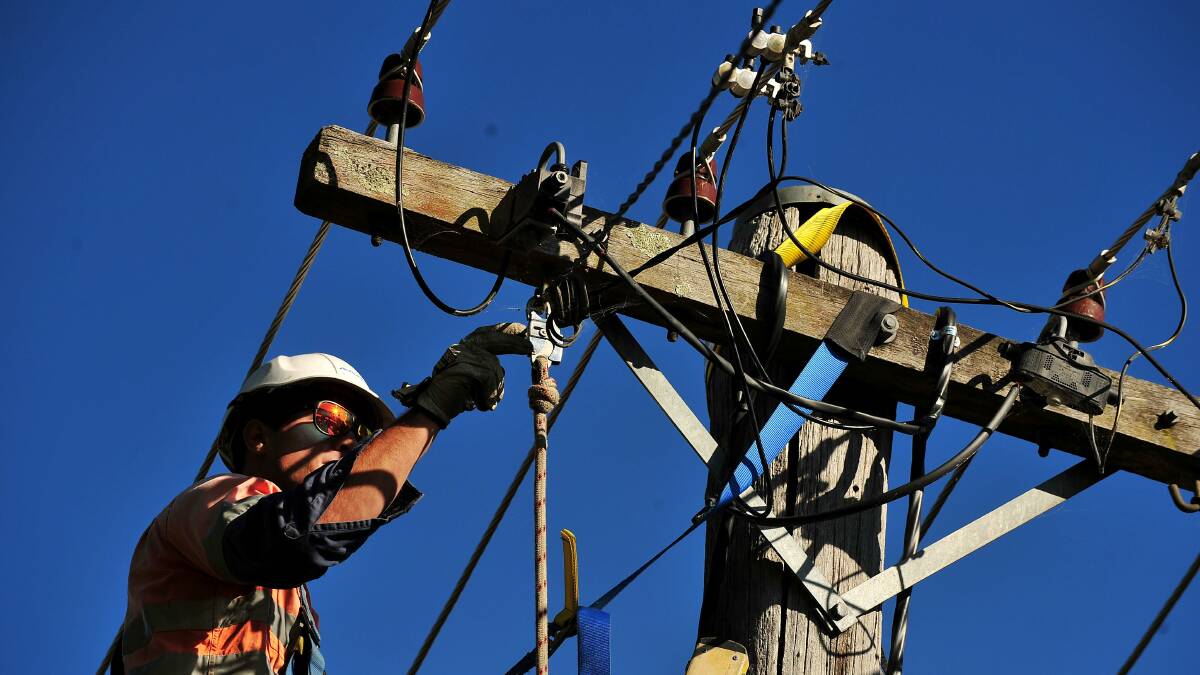
If the Greens under Adam Bandt block Labor's proposed emissions reduction legislation when it hits the Senate, they will have sabotaged a serious attempt by a progressive government to act on climate change for the second time in just over a decade.
Subscribe now for unlimited access.
$0/
(min cost $0)
or signup to continue reading
They will also, as a direct consequence, ensure that the Australian "climate wars" which have done so much damage to policy making in this crucial space since the turn of the century continue indefinitely.
While as the Prime Minister, Mr Albanese, has already indicated, the government doesn't need to legislate its new 2030 emissions target of 43 per cent, the reality is that if changes to climate and energy policy aren't voted into law, then a future LNP government would be able to overturn them with the stroke of a pen.
Anybody who doubts that this is a serious possibility need only revisit the recent comments by Peter Dutton, Angus Taylor, Matt Cavanagh, Barnaby Joyce et al before and since the May 21 election. The climate change deniers still wield significant influence within the Coalition's ranks and the loss of several key moderate Liberals has not helped matters in that regard.
What we have at the moment is the unedifying spectacle of Mr Albanese and Mr Bandt squaring off like two angry bulls stuck in one paddock and challenging each other for mastery.
Mr Albanese is telling the Greens that, when it comes to Labor's emissions legislation, it is going to be his way or the highway.
When asked what concessions he might be offering to persuade the Greens to vote for Labor's climate legislation on Tuesday he was conceding nothing.
"If the Greens party haven't learned from what they did in 2009 [blocking Rudd government climate legislation], that was something that led to a decade of inaction and delay and denial, then that will be a matter for them," he said.
Referencing the recent floods, Mr Albanese went on to say: "I don't know what it takes to wake up people, whether they be on any side of the political spectrum, to the fact that we need to work together and stop the conflict and work in a way that delivers outcomes."
He also warned the Greens, who have the numbers to block the legislation in the Senate if, as expected, the LNP opposes it, they would be held accountable.
The government's position is, in short, that the perfect should not be the enemy of the good, and that this is the best proposal that stands any chance of being legislated, given the Greens are unlikely to ever form a national government.
Mr Bandt, on the other hand, is apparently blind to the reality of the contemporary Australian political landscape. While, like Mr Albanese, he can claim to have a mandate for the Greens anti-fossil fuel stance given the party's strong performance on March 21, the significant point he overlooks is that Labor won and is governing in its own right in the lower house.
His insistence, as recently as Tuesday, that Labor rule out any new coal and gas projects flies in the face of reality. It has been widely acknowledged, including by ACT Greens leader Shane Rattenbury, who is one of the few Greens politicians in the country to actually hold a ministerial portfolio, that fossil fuels will have a role to play in ensuring an orderly transition to renewables for some time to come.
If the Greens, by some miracle, were to get their way, then the probable outcome would be even more dramatic increases in the spot price for power, and catastrophic power outages that would cripple industry and disrupt peoples lives, and erode public support for emissions reductions across the board.
Ideological purity is one thing; keeping the lights on is another matter entirely.

